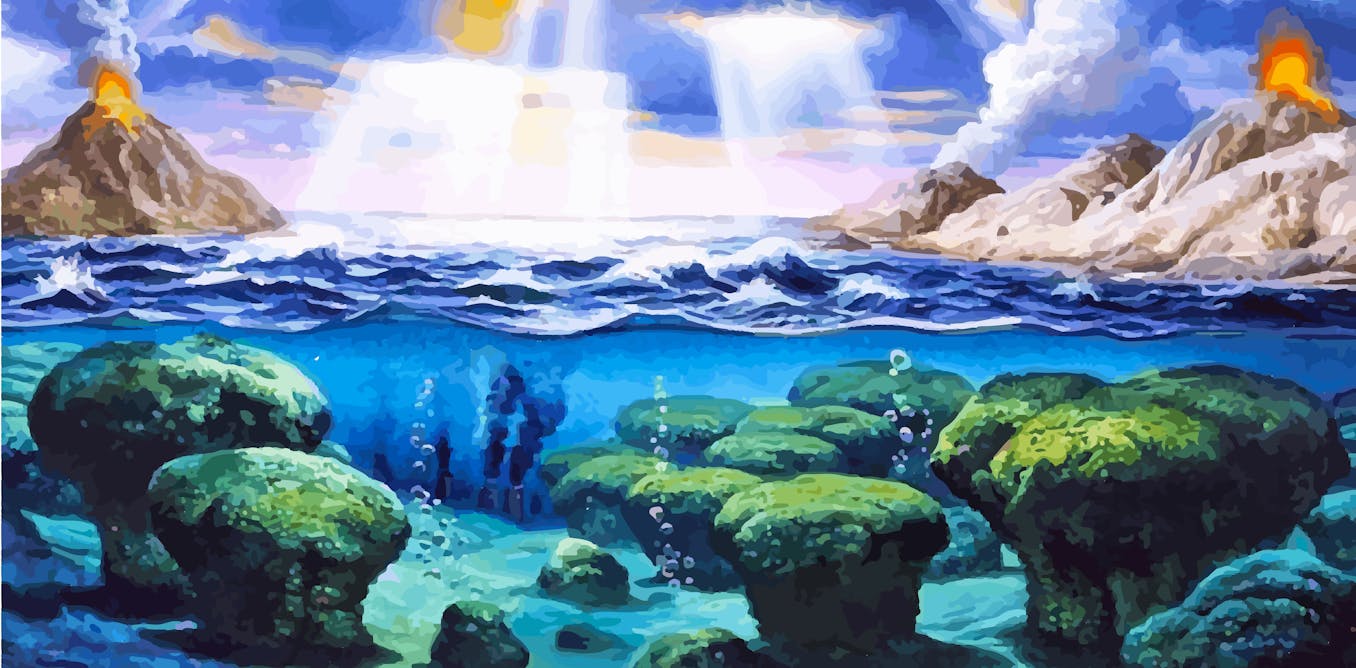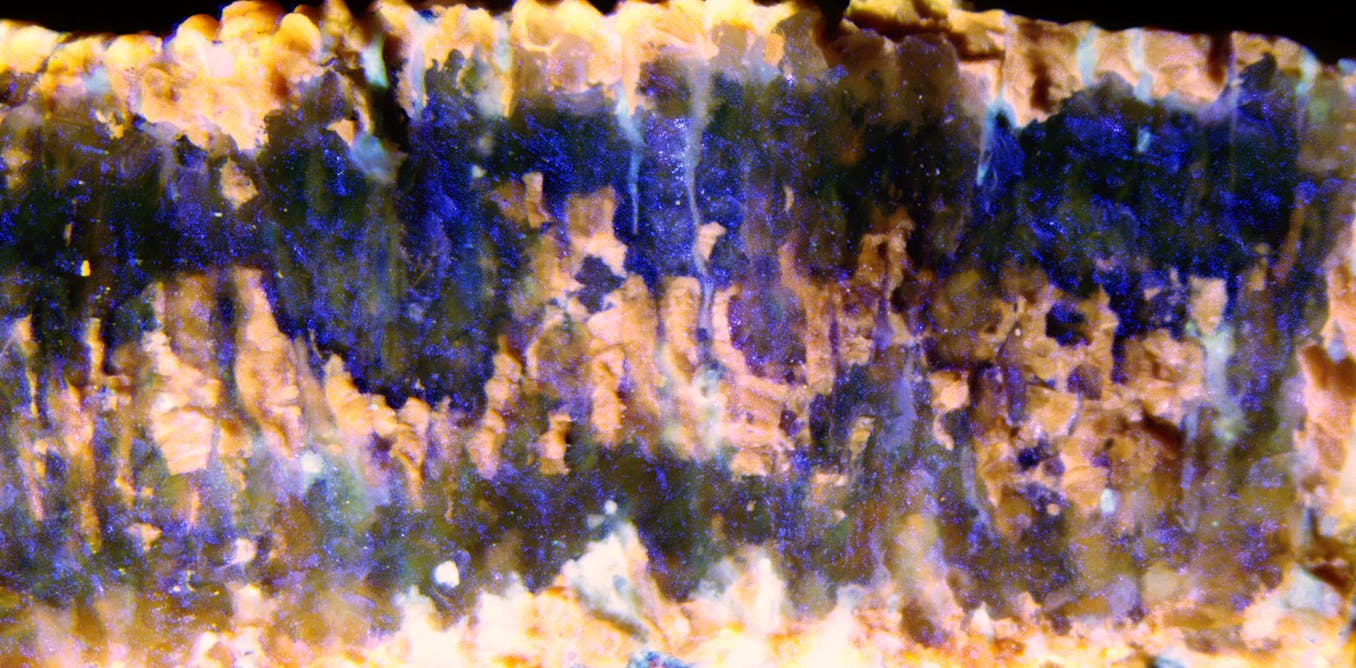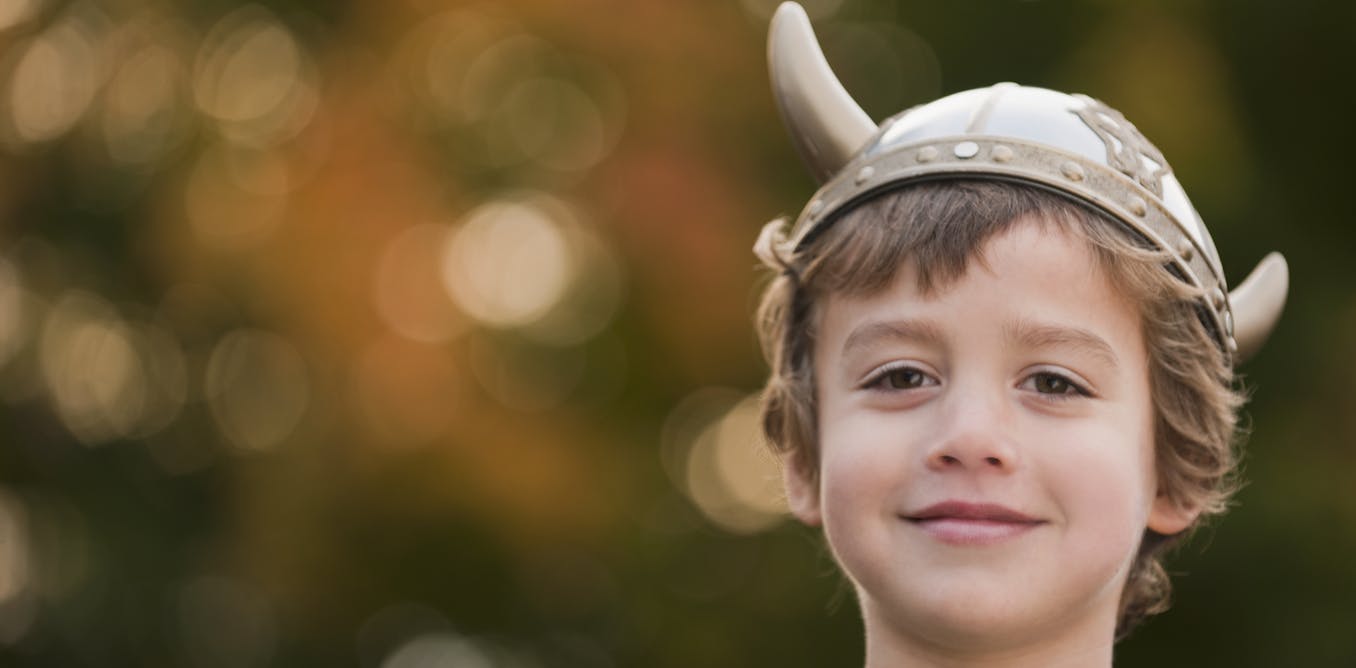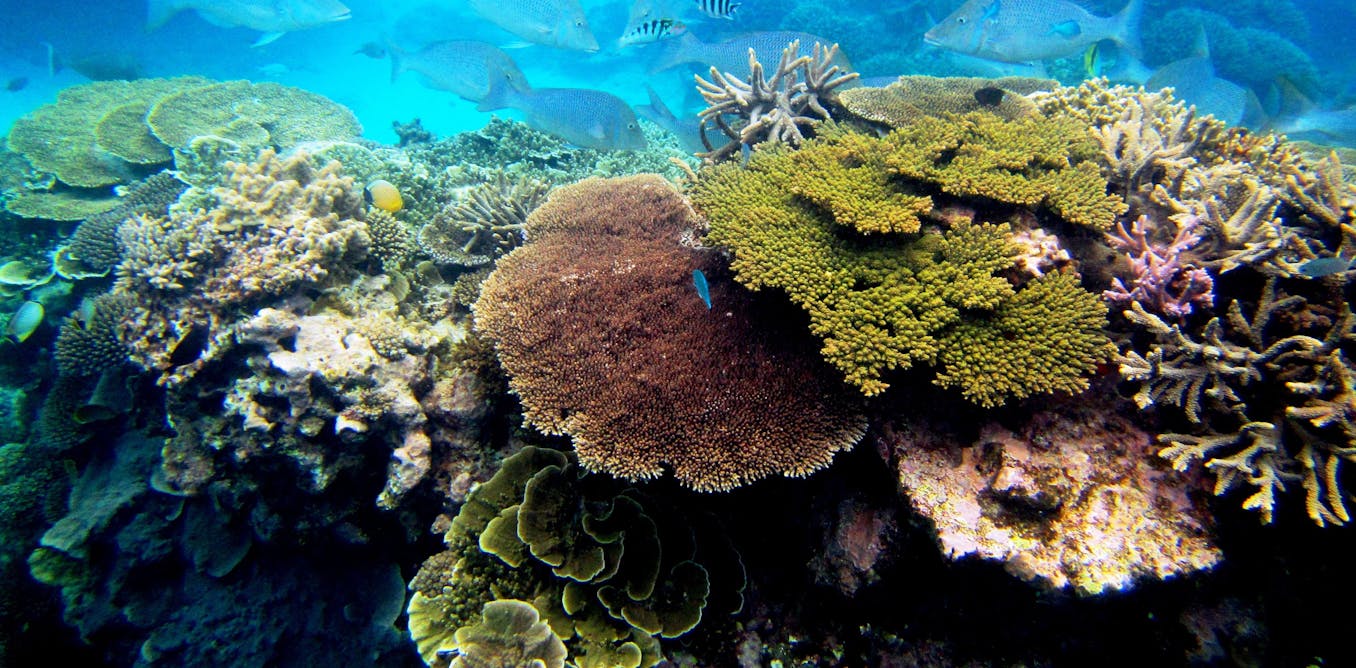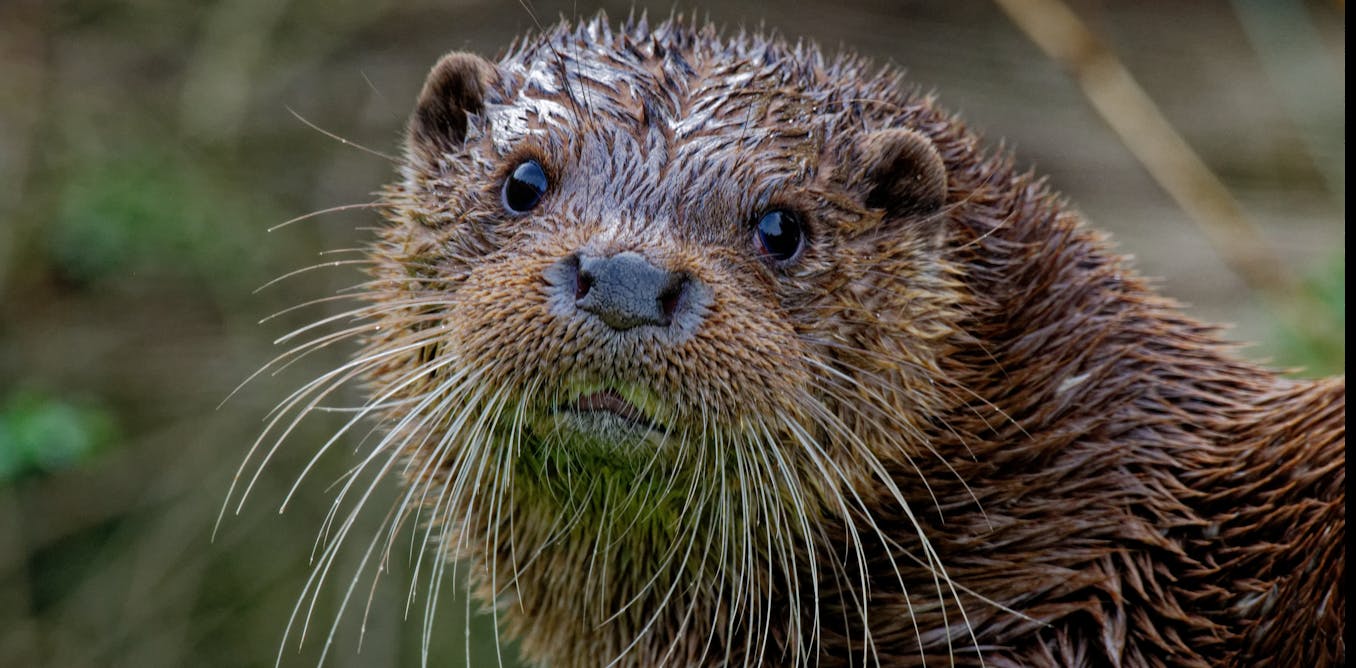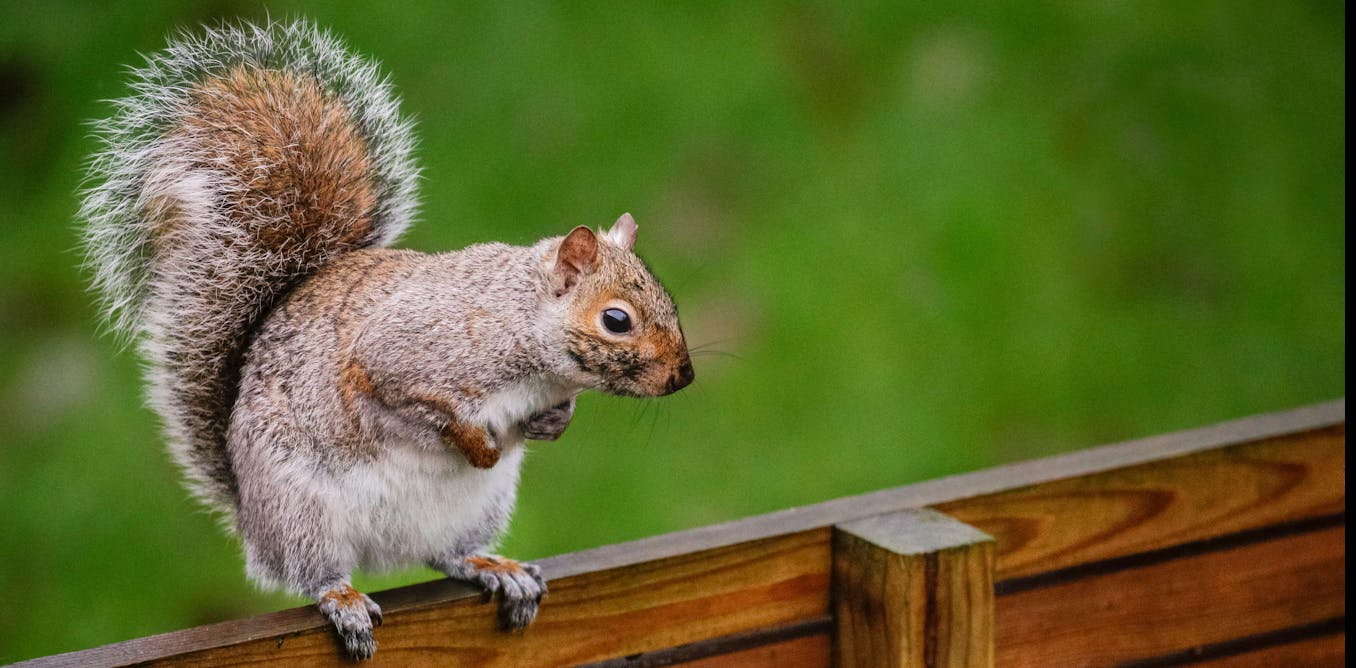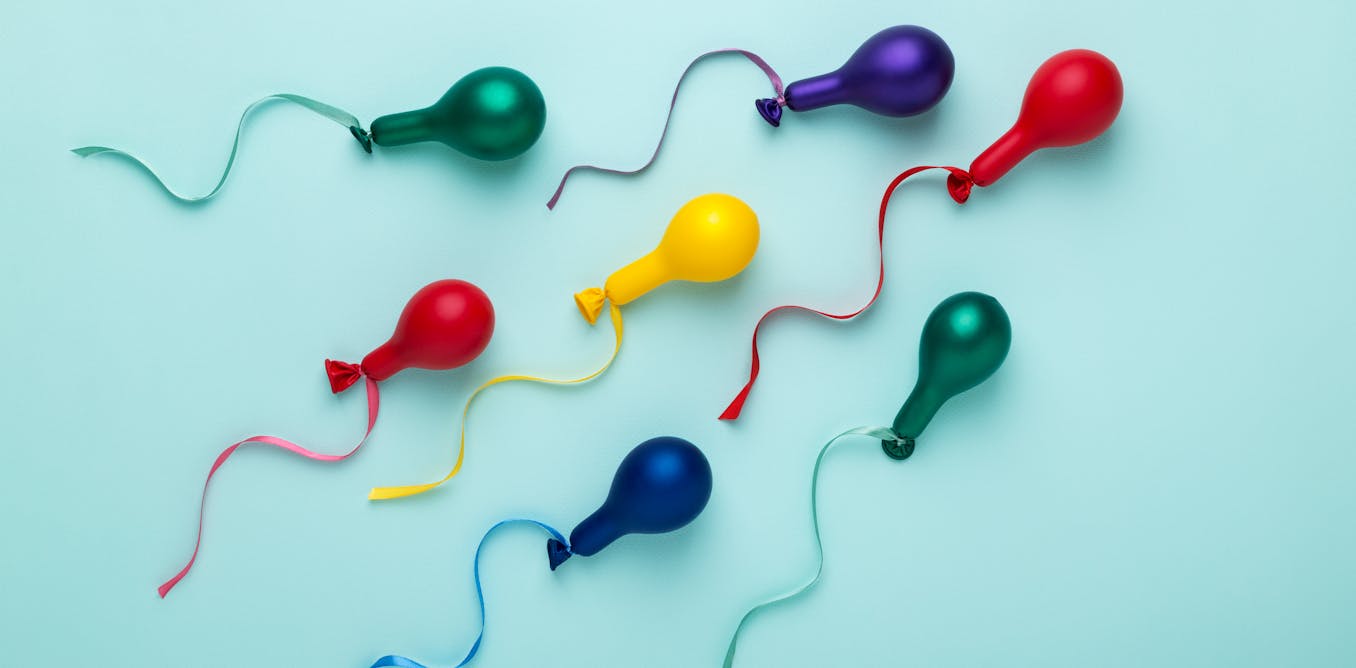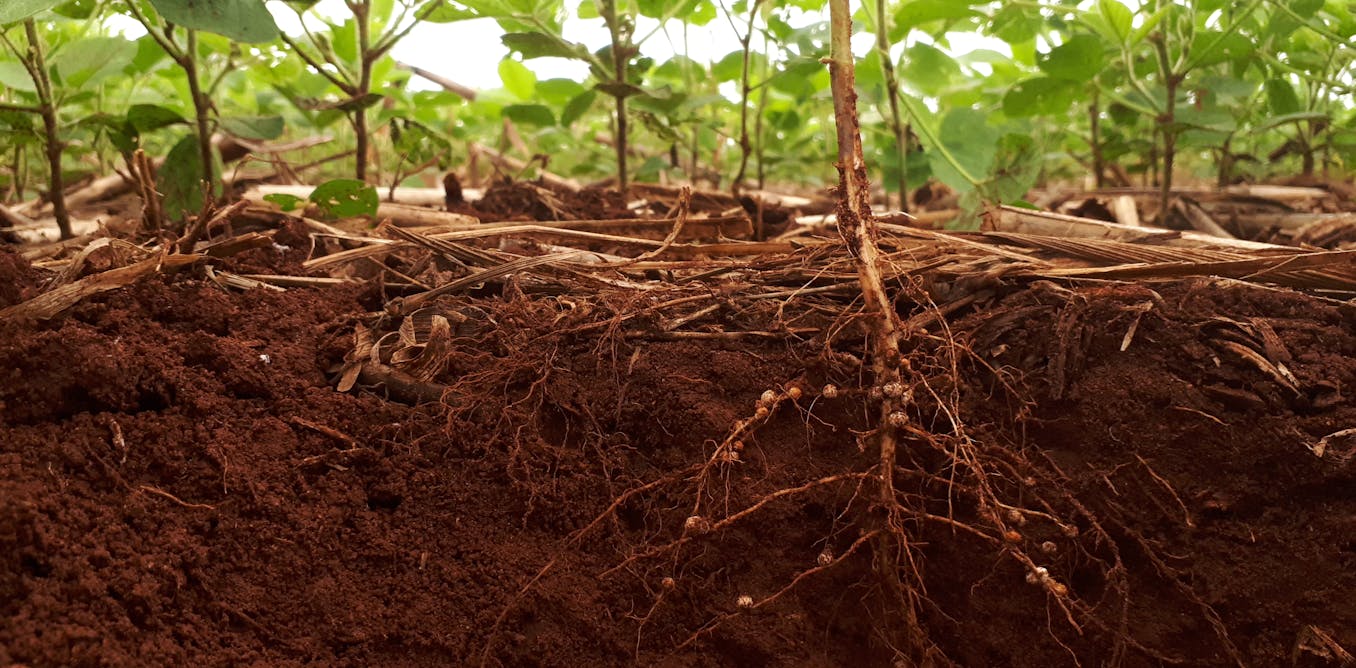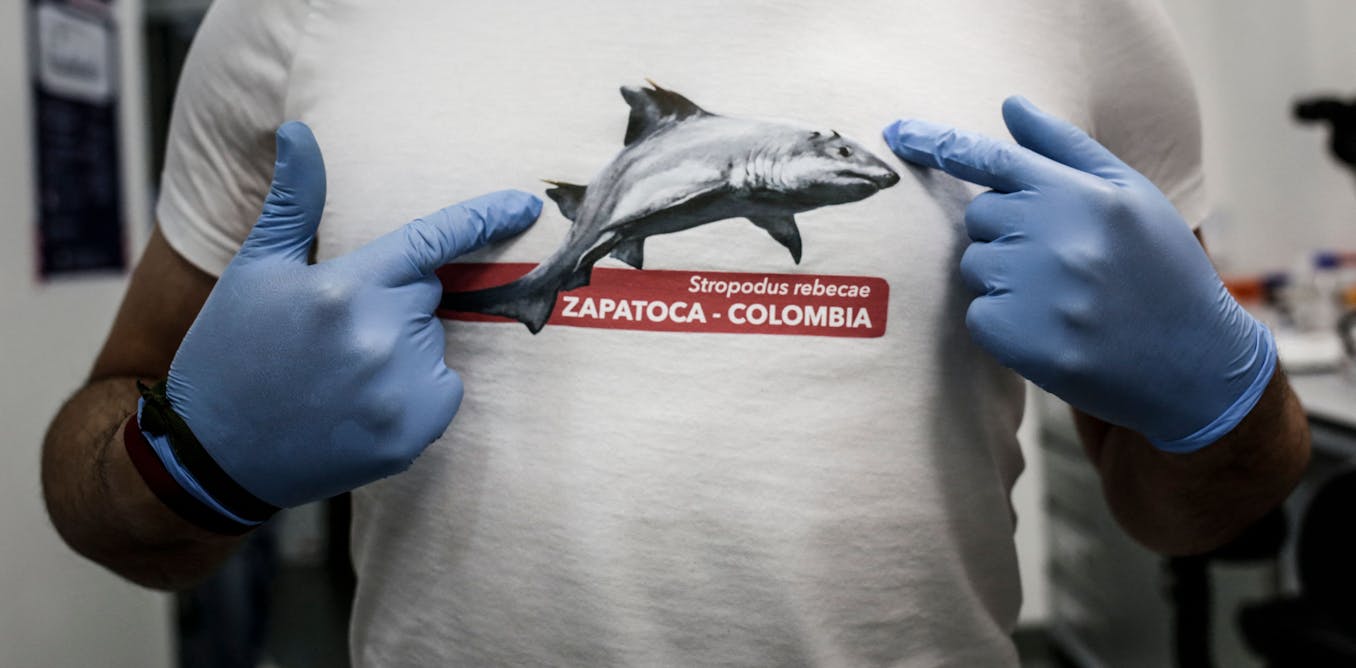Fossilized dinosaur eggshells can preserve amino acids, the building blocks of proteins, over millions of years
Calcite, the material making up fossilized eggshells, may preserve amino acids better than bone.
April 9, 2024 • ~9 min
DNA says you’re related to a Viking, a medieval German Jew or a 1700s enslaved African? What a genetic match really means
Genealogical and genetic ancestors aren’t the same thing. A DNA match − or a lack of one − may not tell you what you imagine it does about your family tree.
March 29, 2024 • ~12 min
As climate change and pollution imperil coral reefs, scientists are deep-freezing corals to repopulate future oceans
Just as the world’s zoos breed critically endangered animals in captivity to repopulate the wild, scientists are building a global effort to freeze corals for reef restoration.
March 28, 2024 • ~11 min
Could a couple of Thai otters have helped the UK’s otter population recover? Our study provides a hint
Research has revealed how British otters may have been able to recover from species loss in the 1950s with the help of otters from Asia.
Feb. 27, 2024 • ~6 min
Gut bacteria may explain why grey squirrels outcompete reds – new research
New research suggests the gut bacteria of red and grey squirrels differ significantly, potentially explaining the decline of the native red and the success of its grey counterpart.
Feb. 21, 2024 • ~6 min
Men become less fertile with age, but the same isn’t true for all animals – new study
Understanding how the ageing of sperm works in other animals is more important than ever as human male fertility is in decline.
Feb. 14, 2024 • ~8 min
Secrets of soil-enriching pulses could transform future of sustainable agriculture
New technology could unlock the soil-enriching nitrogen-fixing ability of legumes…and one day apply this to other crops too.
Feb. 8, 2024 • ~7 min
‘Jaws’ portrayed sharks as monsters 50 years ago, but it also inspired a generation of shark scientists
‘Jaws,’ published in 1974, terrified the public of sharks, but it also brought shark research into the scientific mainstream.
Jan. 31, 2024 • ~10 min
DNA from stone age chewing gum sheds light on diet and disease in Scandinavia's ancient hunter-gatherers
Genetic analysis reveals one of the teenagers probably had advanced gum disease.
Jan. 18, 2024 • ~7 min
/
8

